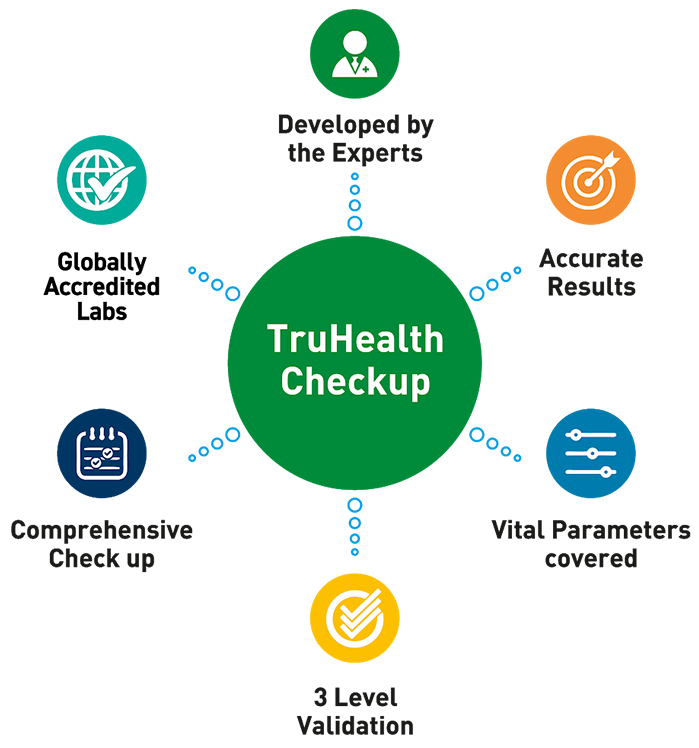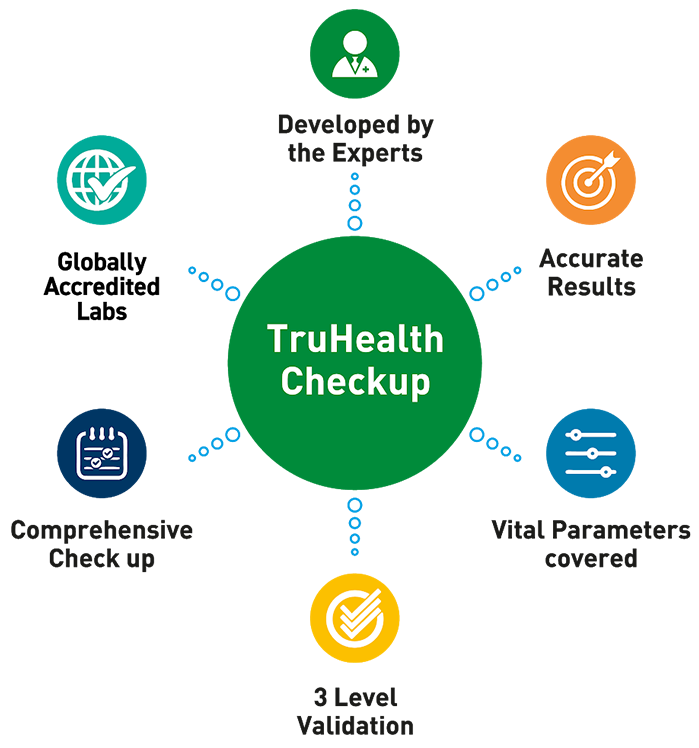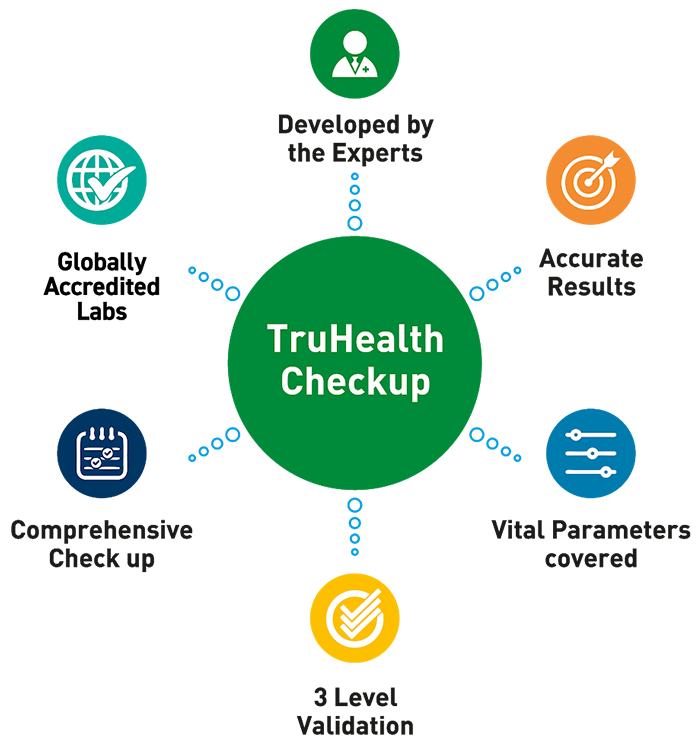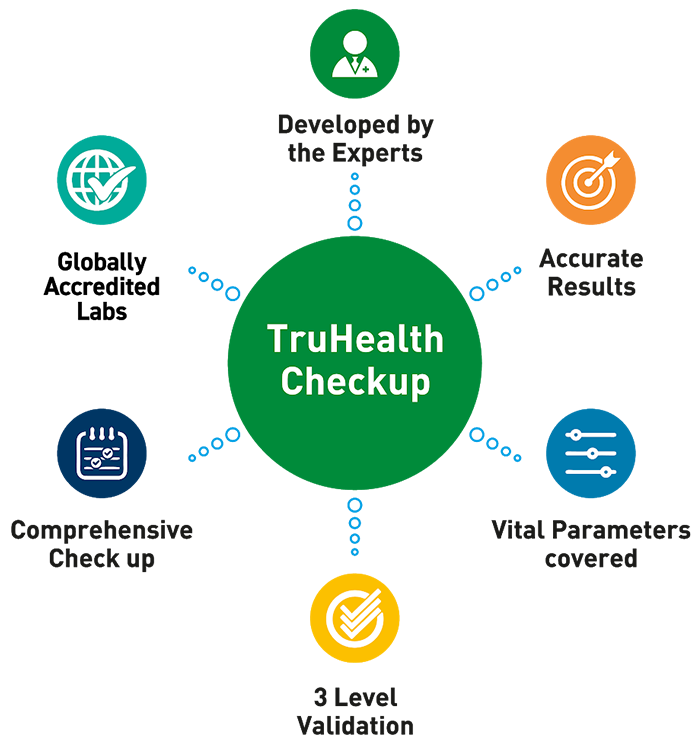Preventive Healthcare
Nutritional Deficiency: Symptoms, Diseases and Micronutrients

Table of Contents
The poor quality of Indian food is highlighted in the 2021 WHO and Global Nutrition Report. Poverty is still a major factor in nutritional deficiency. However, factors such as ignorance of the importance of a balanced diet, and consumption of refined carbohydrates, sugar, and fatty junk food, all play significant roles in nutritional deficiency. According to Dr Sanjay Gohil. MD (Path), Consultant Pathologist, Head of Dept. Haematology & Transplant Immunology (HLA), Metropolis Healthcare Limited,
specific secondary causes, such as disorders that may lead to faulty or inadequate absorption of these nutrients are also possible causes. These diseases include cystic fibrosis, lactose intolerance, celiac disease, pernicious anaemia, and pancreatic insufficiency.
Importance of Macro and Micronutrients
Nutrients found in food are of various types For instance, macronutrients like carbohydrates, fats, and proteins are needed in substantial amounts for creating energy. They are also crucial for developing and sustaining muscle mass. Micronutrients, on the other hand, are things like calcium, vitamins and minerals. Despite being required in tiny quantities, they perform vital roles, and if not consumed sufficiently, can affect health.
For instance, vitamin A helps maintain healthy vision, while calcium is essential for strong bones. Micronutrient deficiencies can lead to various diseases such as night blindness due to vitamin A deficiency or scurvy caused by a lack of vitamin C. On the other hand, excessive consumption of macronutrients such as unhealthy saturated fats may increase the risk of chronic diseases including diabetes.
Nutritional Deficiency Symptoms
Common nutritional deficiencies among Indians include protein, iron, vitamin B12, vitamin D, folic acid, vitamin A, calcium, and others. Weakness, weight loss, decreased appetite, fatigue, poor concentration, depression, constipation, irritability, increased susceptibility to infection, sluggish recovery from illness, palpitations, pale skin, hair loss, etc. are all common signs and symptoms of nutritional deficiencies.
Nutrition Deficiency Tests
A blood test is one of the most common nutrition deficiency tests. It involves drawing a sample of your blood, which is then analyzed to determine if you have any nutrient deficiencies. This test can help identify deficiencies in iron, vitamin D, vitamin B12, and folate.
Here are the different types of blood tests that can detect nutritional deficiencies:
CBC:
A complete blood count (CBC) measures red blood cells, white blood cells, platelets, and haemoglobin. This type of test can detect low levels of iron and other vitamins.
Chemistry Profile:
A chemistry profile measures different minerals in the body such as sodium, potassium, calcium, magnesium, and phosphorus. It can also detect deficiencies in zinc, selenium, and other essential minerals.
Iron panel:
This test is used to measure ferritin, serum iron, transferrin saturation and total iron binding capacity. These can help detect the source of anaemia.
25-hydroxy vitamin D test:
This test measures the level of 25-hydroxy vitamin D, a byproduct of vitamin D assimilation. It is used to detect vitamin D deficiency.
Effect of Environmental and Cultural Factors on Diet
Environmental factors play a significant role in influencing the diet of a region. Genetic and cultural predispositions are also known to have a significant effect on dietary habits. Our food choices are not solely based on our personal preferences or cravings. Our environment plays a significant role in influencing what we eat and how much of it we consume.
One environmental factor that affects our diet is the availability and accessibility of certain foods. Living in an area with limited access to fresh produce can lead people to rely more heavily on processed and packaged foods. The longer shelf life of processed food makes it convenient for those with limited accessibility.
Cultural norms and traditions also play a role in shaping our eating habits. Different cultures have their unique dietary practices and beliefs about what constitutes healthy food. These cultural factors can influence everything starting from portion sizes to meal timings.
The way food is marketed also has an impact on consumer behaviour. Advertising campaigns promoting fast food restaurants, sugary snacks, and high-calorie drinks often target children and young adults. This leads them to develop unhealthy eating patterns early on in their lives.
Socioeconomic factors such as income level can limit one's access to healthier options. These include organic produce or grass-fed meats, which tend to be more expensive than conventional counterparts.
Many external factors beyond one's control influence one's dietary choices. Understanding these influences can help to make more informed decisions about what should be eaten while navigating the challenges of modern living.
Identifying Problems and Conducting Tests
In certain regions, people need more education about health issues and the diagnostic tests available to address them. India's nutritional deficiency burden can be alleviated further by vigilance, prompt testing, and accompanying treatment measures. The government of India has taken several bold steps, including implementing numerous policies, missions, plans, and national programmes.
Vitamin deficiencies are common among the Indian population due to dietary habits or lack of access to nutritious foods containing vitamins. Vitamin A deficiency is especially prevalent among women and children, with up to 60% being deficient in this nutrient. Other vitamin deficiencies such as iron deficiency anemia are also common among women and children in India.
Conclusion
While several issues contribute to nutritional deficiency in India, the major factors include poverty, lack of access to high-quality food, and lack of awareness and education. The prevalence of all health issues in India can be reduced with the implementation of a standardised federally-driven programme for all nutrition stakeholders. This can significantly help increase nutritional awareness. Education, awareness, and a healthy diet are the three things that can help India overcome the problem of nutritional deficiency.





















